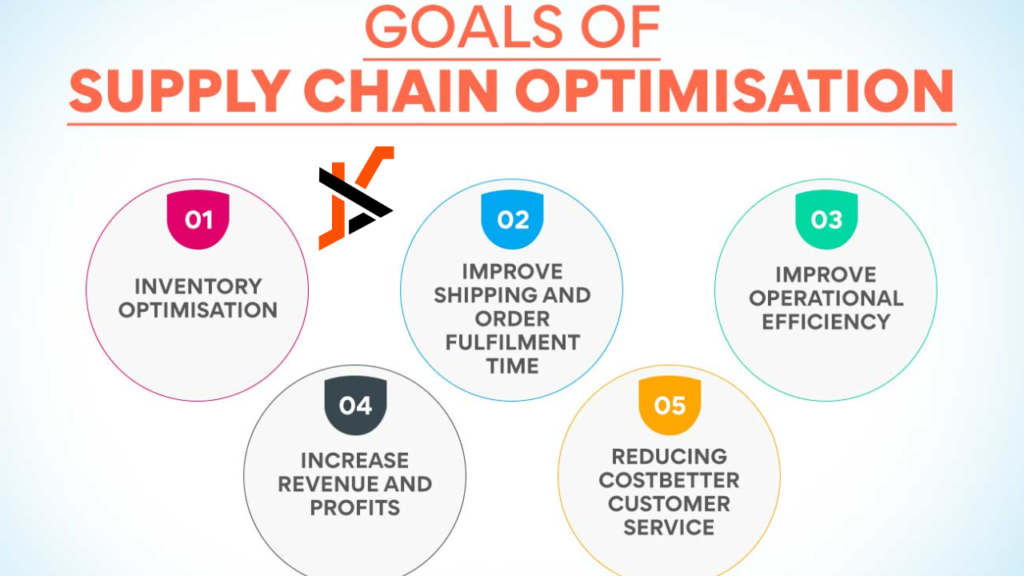In an increasingly complex global economy, supply chains face numerous challenges—from demand fluctuations and inventory imbalances to disruptions in logistics and rising costs. Businesses that fail to adapt risk inefficiencies, delays, and lost revenue. This is where supply chain consulting plays a vital role, helping organisations streamline operations, reduce costs, and enhance overall performance.
What is Supply Chain Consulting?
Supply chain consulting is a strategic service designed to analyse, optimise, and improve every aspect of a company’s supply chain. Consultants leverage industry expertise, data-driven insights, and technology to identify inefficiencies and develop tailored solutions. The goal is to enhance productivity, agility, and resilience while minimising operational risks.
Key Areas of Supply Chain Consulting
Supply chain consultants address a range of critical functions, including:
- Supply Chain Strategy Development
- Aligning supply chain operations with business objectives.
- Enhancing visibility and collaboration across suppliers, manufacturers, and distributors.
- Implementing risk management strategies to prepare for market volatility.
- Process Optimisation & Lean Management
- Eliminating waste and inefficiencies within procurement, production, and distribution.
- Implementing lean methodologies for improved workflow and productivity.
- Reducing lead times and bottlenecks to enhance responsiveness.
- Inventory Management & Demand Planning
- Using data analytics and AI-driven forecasting to balance supply and demand.
- Preventing overstocking or stockouts through real-time inventory tracking.
- Improving warehouse efficiency and order fulfillment rates.
- Logistics & Transportation Optimisation
- Reducing transportation costs through route optimisation and freight consolidation.
- Enhancing last-mile delivery efficiency and customer satisfaction.
- Adopting sustainable logistics practices to minimise environmental impact.
- Technology Integration & Digital Transformation
- Implementing ERP and supply chain management software for real-time visibility.
- Leveraging automation, AI, and blockchain for secure and efficient operations.
- Enhancing supplier collaboration through cloud-based platforms.
Benefits of Supply Chain Consulting
1. Cost Reduction and Efficiency Gains
By identifying inefficiencies in procurement, inventory management, and logistics, businesses can significantly cut costs while maintaining high service levels.
2. Improved Risk Management
A robust supply chain strategy helps companies mitigate risks associated with supplier disruptions, market fluctuations, and geopolitical uncertainties.
3. Enhanced Agility and Scalability
A well-optimised supply chain allows businesses to scale operations seamlessly while responding quickly to market shifts and consumer demands.
4. Sustainable and Ethical Practices
Consultants help businesses implement eco-friendly supply chain strategies, such as reducing carbon emissions and sourcing responsibly.
5. Competitive Advantage
A streamlined and resilient supply chain enables companies to meet customer expectations, improve brand reputation, and maintain a competitive edge.
Choosing the Right Supply Chain Consultant
Selecting a supply chain consulting partner requires careful consideration. Here are some key factors to evaluate:
- Industry Experience – Look for consultants with expertise in your specific sector.
- Proven Track Record – Assess past success stories and client testimonials.
- Technology Capabilities – Ensure they offer modern digital solutions and advanced analytics.
- Customisation & Scalability – The best solutions are tailored to your company’s size and operational complexity.
Final Thoughts
In a rapidly evolving business landscape, an optimised supply chain is critical for long-term success. Supply chain consulting provides the expertise and strategic guidance needed to enhance efficiency, reduce costs, and improve resilience. By embracing data-driven insights and innovative technologies, businesses can transform their supply chains into agile, high-performing networks that drive growth and sustainability.

